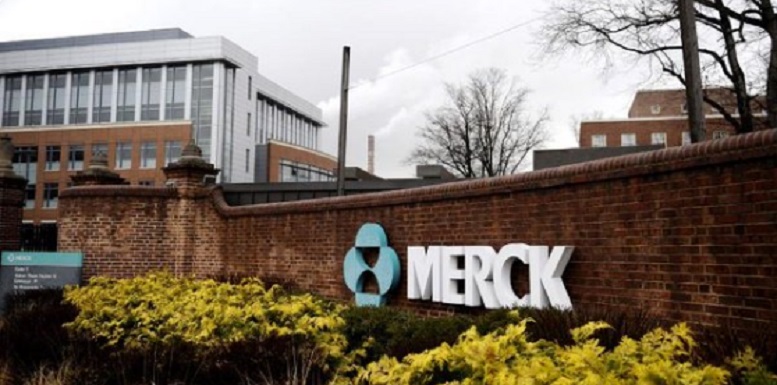On Friday, July 28, Merck & Company (NYSE:$MRK) announced that its Q2 earnings increased as the drugmaker had blockbuster growth for its cancer drug Keytruda.
Based on the Q2 earnings report, Merck’s new products helped to lift pharmaceutical revenue 0.7% to $8.76 billion. However, an increase in competition from generic drugs weighed down the growth.
Shares of the New-Jersey-based company increased 1.3% to $64.50 during premarket trade on Friday, after increasing 8.2% so far this year.
While the market for lower-cost generic versions of biotechnology drugs hurts Merck in Europe, in the United States, the company is in position to benefit from biosimilar competition.
Just recently the company disclosed their partnership with Samsung Bioepis Co. to market a biosimilar version of Johnson & Johnson’s (NYSE:$JNJ) Remicade in the United States at a discount price of 35%.
Merck saw Keytruda sales increase to $881 million from $314 million in 2016. Additionally, in the report, Merck increased the top end of its full-year guidance range. As of right now, Merck sees 2017 sales between the range of $39.4 billion and $40.4 billion, in comparison to prior guidance of $39.1 billion to $40.3 billion. According to analysts, it was predicted that Merck would have $40.1 billion in annual revenue.
All in all, Merck topped views by reporting earnings of $1.95 billion (71 cents a share), which is up from $1.21 billion (43 cents a share) in 2016. Not including certain items, earnings increased to $1.01 a share from 93 cents. Revenue increased 0.9% to $9.93 billion. Analysts had forecasted earnings of 87 cents a share on $9.75 billion in sales.
Featured Image: twitter











